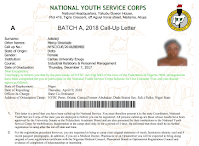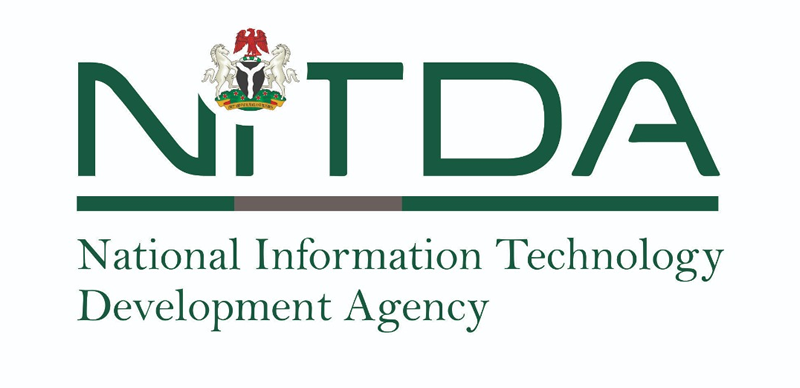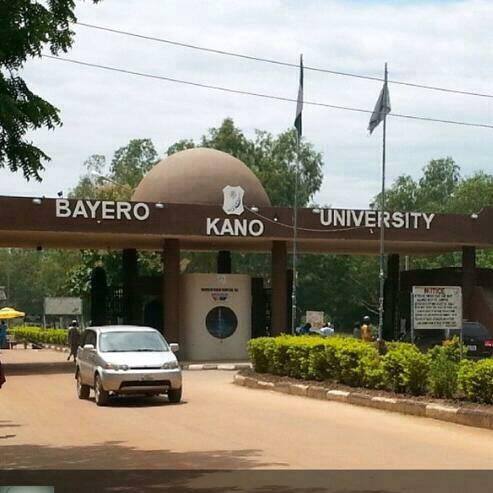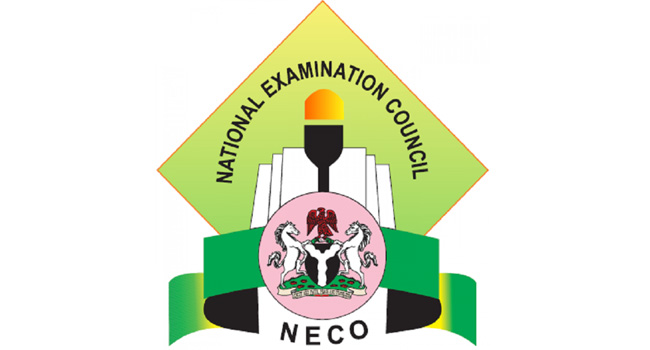How to Apply for FG’s Student Loan in Nigeria

The government of Nigeria has taken an important step to improve access to tertiary education by introducing interest-free student loans. This initiative, known as the Federal Government’s (FG) Student Loan, aims to help Nigerian students overcome financial barriers to higher education. In this comprehensive guide, we will explore the process of applying for FG’s student loan in Nigeria, covering eligibility criteria, application procedures, repayment terms and more.
Overview of FG’s Student Loan in Nigeria
On June 12, 2023, Nigerian President Bola Tinubu signed the Student Loan Bill into law. This legislation aims to provide interest-free loans to Nigerian students through the establishment of an education bank. With this new law in place, federal-owned tertiary institutions are expected to have more financial freedom to introduce tuition fees, addressing the funding gap in tertiary education.
Federal Government Tertiary Institutions and Tuition Fees
As a result of the education bank’s introduction, some universities owned by the Federal Government have already announced increases in tuition fees. For example, in December 2022, The PUNCH reported a 200% hike in fees at certain federal-owned universities. The education bank is anticipated to help address these funding gaps and provide better resources for tertiary institutions.
Eligibility Criteria for FG’s Student Loan in Nigeria
To be eligible for FG’s student loan, applicants must satisfy several conditions:
- They must have secured admission into a public Nigerian University, Polytechnic, College of Education, or TVET school.
- Their income or family income must be less than N500,000 per annum.
- They must provide at least two civil servants as guarantors, who must meet specific criteria, such as being a level 12 civil servant with at least 12 years of service, or a lawyer with at least 10 years of post-call experience.
There are also several disqualifications that can prevent a student from being considered for the loan:
- Defaulting on previous loans.
- Being found guilty of exam malpractice, felony, or drug offenses.
- Having parents who have defaulted on previous loans.
Application Process for FG’s Student Loan in Nigeria
Once the eligibility criteria are met, students can proceed with the application process, which involves the following steps:
- Submission of Application: Students must apply to the Chairman of the Bank through their respective institutions. This includes providing necessary documentation and meeting the eligibility requirements.
- Institutional Approval: Applications for loans are submitted through the Students Affairs Office of each institution. A list of all qualified applicants from the institution, accompanied by a cover letter signed by the Vice-Chancellor, Rector, or head of the institution, and the Student Affairs, must be submitted.
- Processing and Approval: The education bank will review and process the applications. Successful applicants will be notified and granted the loan.
Repayment Terms for FG’s Student Loan in Nigeria
The repayment terms for the FG’s student loan are designed to be fair and manageable. Beneficiaries are required to begin repaying the loan two years after completing the National Youth Service Corps (NYSC) program.
Repayment Methods
- Salary Deduction: If the beneficiary is employed, repayment will be through a direct deduction of 10% of their salary at the source by the employer.
- Self-Employed: If the beneficiary is self-employed, they must remit 10% of their total profit monthly to the student loan account prescribed by the bank. Self-employed individuals must submit relevant business information to the Commission within 60 days of assuming self-employed status.
Consequences of Default
Defaulting on loan repayment or aiding in the default of the loan provisions is considered an offense. Convicted offenders may be liable to imprisonment for two years, a fine of N500,000, or both.
Tips for Successfully Applying for FG’s Student Loan in Nigeria
To increase your chances of getting approved for FG’s student loan, consider the following tips:
- Ensure Eligibility: Make sure you meet all eligibility criteria before applying for the loan.
- Prepare Accurate Documentation: Submit accurate and complete documentation to support your application.
- Choose Reliable Guarantors: Select guarantors who meet the specified requirements and are willing to support your loan application.
- Maintain Good Academic Standing: Avoid engaging in activities that could disqualify you from eligibility, such as exam malpractice or felony offenses.
- Stay Informed: Keep yourself updated on the latest news and developments regarding FG’s student loan program.
Conclusion
FG’s Student Loan in Nigeria is a significant step toward making higher education more accessible to Nigerian students. By understanding the eligibility criteria, application process, and repayment terms, prospective applicants can better prepare themselves to successfully apply for this interest-free loan. With the right approach and commitment, Nigerian students can now access the financial support they need to pursue their dreams of higher education and contribute to the nation’s development.















Am interested
sabdullahi4848@gmail.com
Good opportunity for Nigeria people, God bless them
I’m very interested